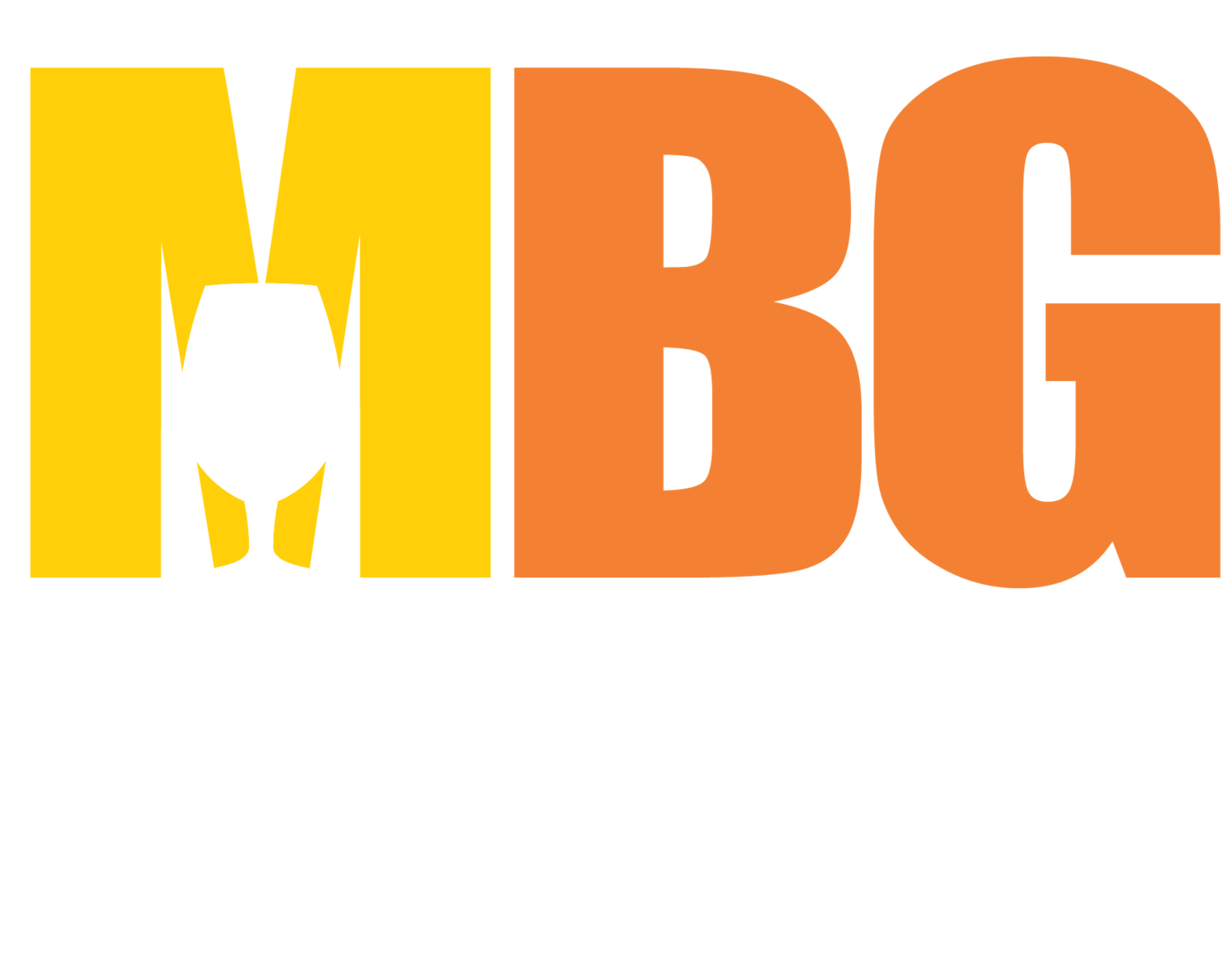BetterBev - A Green Craft Beverage Recognition Program Launches in New England
Introduced by Coalition of New England States with Support from the Environmental Protection Agency
A coalition of New England states announced the BetterBev Green Craft Beverage Recognition Program, a sustainability initiative funded in part by grants from the Environmental Protection Agency’s Pollution Prevention (P2) Program.
BetterBev was created to help beverage producers throughout New England fully understand their environmental practices, principles, and impact, with the goal of reducing production inefficiencies, improving health and safety, and conserving natural resources. Participating companies drive their continuous improvement by tracking waste generation and measuring the use of energy, water, and material inputs. For beverage producers that invest time and resources in sustainable practices, BetterBev will help them gain efficiencies, reduce costs, and receive recognition as a “green” business.
New England is a craft beverage powerhouse with one of the highest concentrations of craft breweries in the country. According to the Brewers Association, the region is home to over 600 craft breweries, not including other craft beverage producers such as distilleries, wineries, cideries, and meaderies. While these businesses create jobs, boost tourism, and promote economic development, they also use resources intensively. Breweries constantly heat, cool, and clean their operations, presenting excellent opportunities for cost savings. Similarly, side-streaming, reuse, and recycling strategies can minimize the environmental impact of spent grains, wastewater discharge, and packaging.
“We must constantly assess the impact our actions have on the environment, so we believe a beverage producer’s focus should be on continual improvement,” explained Luke Truman, Sustainability Coordinator for the Craft Beverage Sector Program at the New England Environmental Finance Center, located at the University of Southern Maine. “We’re grading ourselves against a constantly moving target, so we created the BetterBev program with a mindset of consistent effort, striving for improvement over time.”
Since 2022, the states of Connecticut, Maine, Massachusetts, New Hampshire, and Rhode Island have received funding from the Environmental Protection Agency to establish Pollution Prevention (P2) technical assistance initiatives that help craft beverage producers improve their environmental performance. State-based Technical Assistance Providers (TAPs) have reached out to hundreds of craft beverage manufacturers to assess their production practices and provided recommendations to improve process efficiencies. Some states built very effective initiatives around these efforts, such as the New Hampshire Sustainable Craft Beverage recognition program (NHSCB) run by its Department of Environmental Services.
In 2023, building on the success of the NHSCB, state P2 programs decided to launch a sustainability recognition program for craft beverage producers throughout all of New England. This regional approach, which grew into BetterBev, has the potential to increase visibility, drive business participation, and disseminate environmental best practices.
“We were all moving in the same direction, working on similar initiatives, so it only made sense to partner and work together,” added Kathy Black, Pollution Prevention Program Manager for the New Hampshire Department of Environmental Services. “The BetterBev Program amplifies the work each state is doing and raises awareness about how businesses can care for the environment and worker’s health and safety while making tasty craft beverages.”
BetterBev recognition can be earned after a beverage producer’s state oversight organization works with them to perform an audit and assessment of their environmental practices and impact. The audit and assessment covers 10 performance criteria:
Environmentally responsible sourcing
Water usage
Wastewater reduction
Stormwater management
Energy efficiency and conservation
CO2 use and emissions
Cleaning and sanitizing
Waste reduction
Packaging format and materials
Environmental culture
Beverage producers reaching specific performance thresholds over the ten areas will earn the BetterBev recognition. Those that don’t reach the required thresholds will be supported by their state oversight organization and receive the technical assistance necessary to improve their performance and receive recognition. The goal of the BetterBev program is to place every business on the path of continuous improvement, even if they are beginners looking for some basic tips or high achievers that want to invest in the latest green technologies.
The oversight organizations responsible for managing the BetterBev program in their respective state are:
Connecticut: Department of Energy and Environmental Protection
Massachusetts: University of Massachusetts Boston
Maine: New England Environmental Finance Center at the University of Southern Maine
New Hampshire: Pollution Prevention Program at the Department of Environmental Services
Rhode Island: Department of Environmental Management
Vermont: New England Environmental Finance Center at the University of Southern Maine
To learn more about the BetterBev Green Craft Beverage Recognition Program, including how a producer can participate, visit the BetterBev program page at www.betterbev.org.
About BetterBev
The BetterBev program is managed by a group of state and university environmental organizations that provide a free sustainability assessment to craft beverage producers in New England, including but not limited to breweries, wineries, and distilleries. The goal of the program is to help companies improve environmental performance, reduce operational costs, and build recognition from peers and customers. Companies that meet the BetterBev sustainability criteria are eligible for BetterBev recognition, which includes a certificate, window signage, use of the BetterBev logo, and inclusion on a BetterBev map. Learn more at www.betterbev.org.

